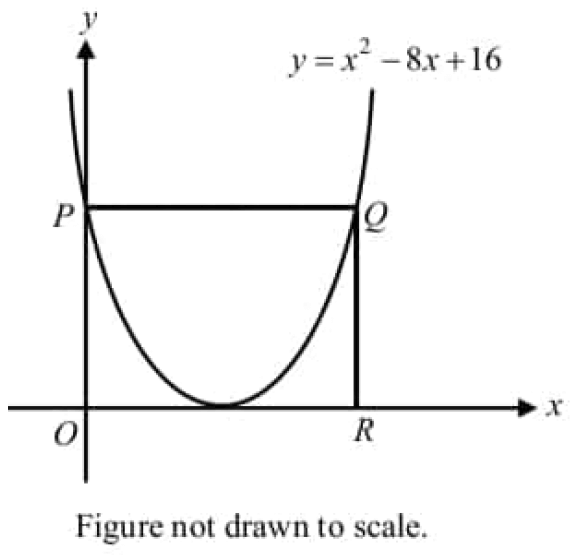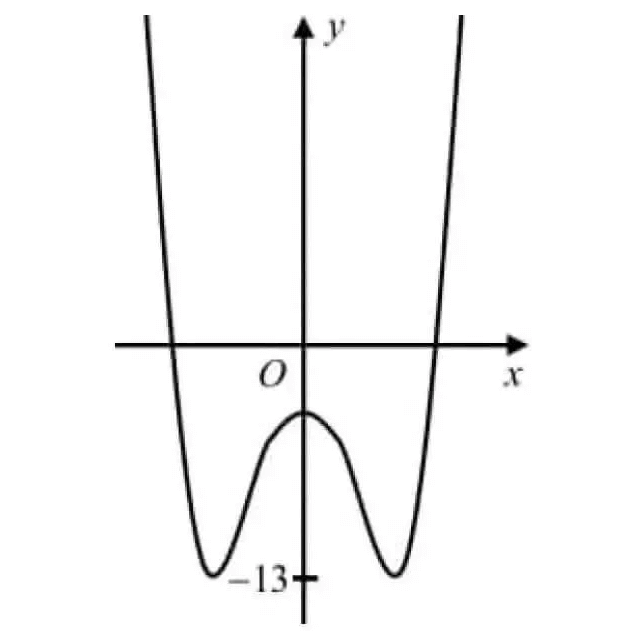HOW TO FIND THE TOTAL NUMBER OF TERMS IN AN ARITHMETIC SEQUENCE
The formula given below can be used to find the number of terms in a finite arithmetic sequence.
n ----> number of terms
l ----> last term
t1 ----> first term
d ----> common difference
Problem 1 :
Find the number of terms in the following arithmetic sequence.
7, 13, 19, ............. , 205
Solution :
t1 = 7
d = t2 - t1
= 13 - 7
= 6
l = 205
Formula to find the number of terms in an arithmetic sequence :
Substitute l = 205, t1 = 7 and d = 6.
Problem 2 :
Find the number of terms in the following arithmetic sequence.
-1,-5/6,-2/3, ............., 10/3
Solution :
t1 = -1
d = t2 - t1
= -5/6 - (-1)
= -5/6 + 1
= (-5 + 6)/6
= 1/6
l = 10/3
Formula to find the number of terms in an arithmetic sequence :
Substitute l = 10/3, t1 = -1 and d = 1/6.
Some Other Problems on Arithmetic Sequence
Problem 3 :
The 10th and 18th terms of an arithmetic sequence are 41 and 73 respectively. Find the 27th term.
Solution :
Formula to find nth term of an arithmetic sequence :
tn = t1 + (n - 1)d
|
t10 = 41 t1 + (10 - 1)d = 41 t1 + 9d = 41 ----(1) |
t18 = 73 t1 + (18 - 1)d = 73 t1 + 17d = 73 ----(1) |
(2) - (1) :
8d = 32
Divide both sides by 8.
d = 4
Substitute d = 4 in (1).
t1 + 9(4) = 41
t1 + 36 = 41
Subtract 36 from both sides.
t1 = 5
tn = t1 + (n - 1)d
Substitute n = 27, t1 = 5 and d = 4.
t27 = 5 + (27 - 1)(4)
= 5 + (26)(4)
= 5 + 104
= 109
27th term is 109.
Problem 4 :
Find n so that the nth terms of the following two arithmetic sequences are the same.
1, 7, 13, 19, .............
and
100, 95, 90, .............
Solution :
1, 7, 13, 19, .............
In the arithmetic sequence above,
t1 = 1
d = t2 - t1
= 7 - 1
= 6
tn = t1 + (n - 1)d
Substitute t1 = 1 and d = 6.
tn = 1 + (n - 1)(6)
tn = 1 + 6n - 6
tn = 6n - 5 ----(1)
100, 95, 90, .............
In the arithmetic sequence above,
t1 = 100
d = t2 - t1
= 95 - 100
= -5
tn = t1 + (n - 1)d
Substitute t1 = 100 and d = -5.
tn = 100 + (n - 1)(-5)
tn = 100 - 5n + 5
tn = 105 - 5n ----(2)
From the given information,
(1) = (2)
tn = tn
6n - 5 = 105 - 5n
Add 5n to both sides.
11n - 5 = 105
Add 5 to both sides.
11n = 110
Divide both sides by 11.
n = 10
Problem 5 :
Using arithmetic sequence, find the number of two-digit numbers which are evenly divisible by 13.
Solution :
Two-digit numbers are
10, 11, 12,………… 99
The first two-digit number which is evenly divisible by 13 is 13.
After 13, to find the next two-digit number divisible by 7, we have to add 13 to 13. So, the second two-digit number which is evenly divisible by 13 is 26.
In this way, to get the succeeding two-digit numbers which are evenly divisible by 13, we just have to add 13 as given below.
13, 26, 39,…………
The last two-digit number which is evenly divisible by 13 is 91.
13, 26, 39,…………, 91
Clearly, the above sequence of two-digit numbers divisible by 13 forms an arithmetic sequence with common difference 13.
Formula to find the number of terms in an arithmetic sequence :
Substitute l = 91, t1 = 13 and d = 13.
There are 7 two-digit numbers which are evenly divisible by 13.
Kindly mail your feedback to v4formath@gmail.com
We always appreciate your feedback.
©All rights reserved. onlinemath4all.com
Recent Articles
-
Permutation Problems with Solutions
May 08, 25 12:28 PM
Permutation Problems with Solutions -
Digital SAT Math Problems and Solutions (Part - 159)
May 08, 25 01:39 AM
Digital SAT Math Problems and Solutions (Part - 159) -
Digital SAT Math Problems and Solutions (Part - 158)
May 06, 25 11:00 AM
Digital SAT Math Problems and Solutions (Part - 158)

